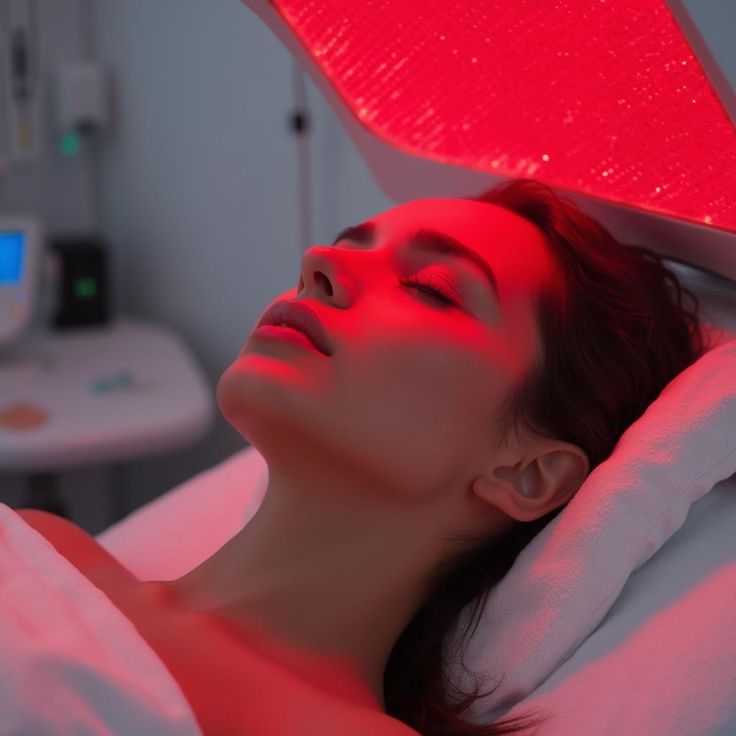
Natural Vs. Artificial Light: Effects On Aging, Imagine this: Early rising, you go outside and feel the warm sun on your cheek. You immediately feel more alive and more aware. That night, you remain up scrolling on your phone, the screen’s brightness holding your interest much after bedtime.
You wake up tired, your skin seeming a bit duller than normal. Does that ring a bell? This is the subtle but profound effect light has on your body, and it influences how you age more than you might believe.
Although food, exercise, and sleep are clearly vital for longevity, one often-ignored element is light exposure.
The aging process can be hastened or slowed by the sort of light you encounter during the day. Let us examine the research supporting it and how you may apply this information to your benefit.
Natural Vs. Artificial Light: Effects On Aging, One of the most potent instruments for preserving young health is natural light. Here is the reason:
Sunlight And Aging: The Scientific Study
Regulating your body’s circadian rhythms, hormone generation, and even DNA repair depends much on sunlight.
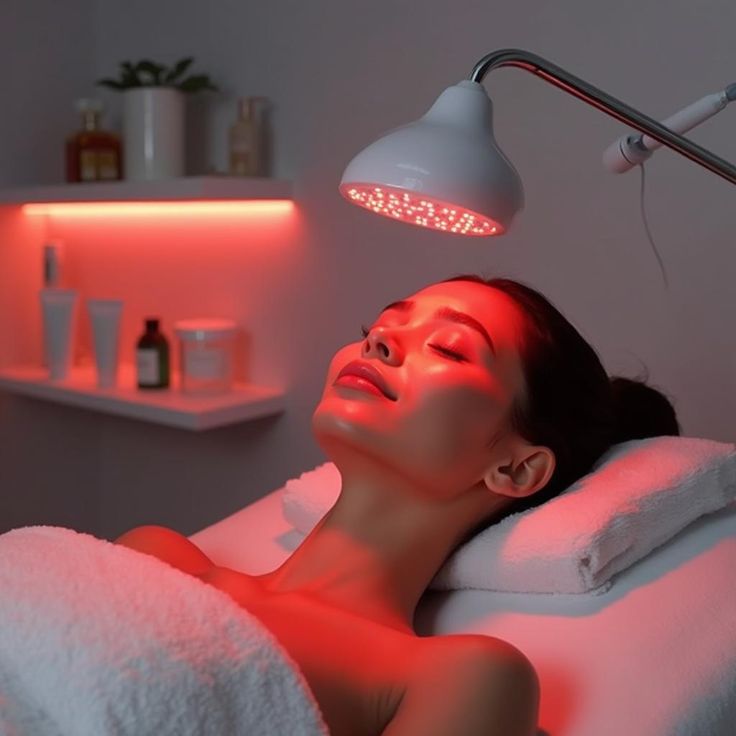
Practical Advice On Using Sunlight To Its Fullest Advantage
To establish your circadian rhythm, spend at least 15-30 minutes outside in the morning.
✅ Get natural light exposure during the day to increase mood and energy.
✅ Use shade, clothing, and non-toxic sunscreen to guard against excessive UV damage.
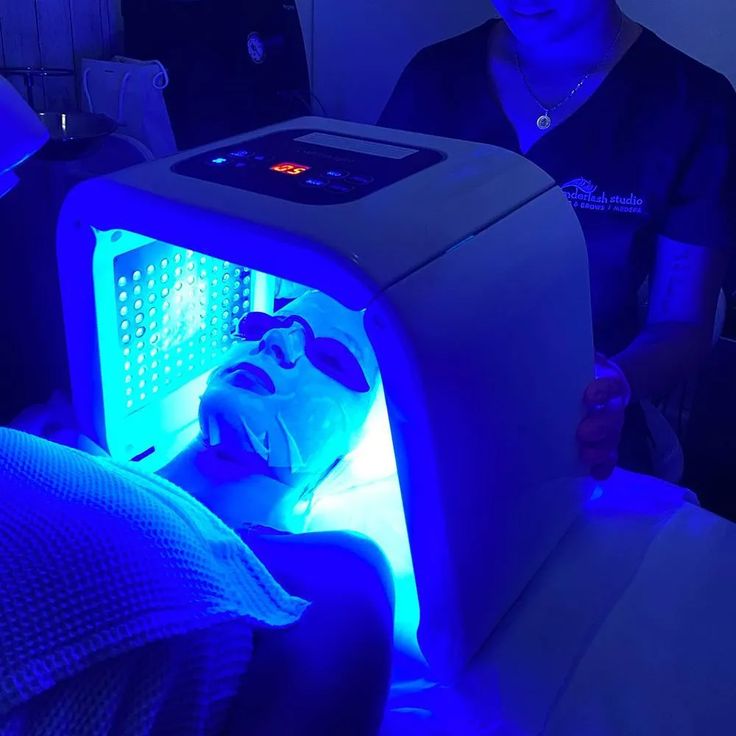
Emitted by screens, LED bulbs, and even the sun, blue light—the high-energy visible (HEV) light—has both advantages and disadvantages.
The Good: Blue light exposure during the day can increase alertness, cognitive performance, and mood.
The Bad: Nighttime blue light can lower melatonin and cause bad sleep, which speeds aging.
Chronic exposure might cause eye strain, migraines, and even early skin aging (yep, blue light can cause oxidative stress in the skin!).
Useful Advice To Minimize The Negative Impact Of Blue Light:
✅ Use blue light-blocking glasses in the evening.
✅ Enable ‘Night Mode’ on your phone and computer.
✅ Dim artificial lights at least an hour before bedtime.
✅ In the evening, think about employing amber or red light bulbs.
Natural Vs. Artificial Light: Effects On Aging, Among the most fascinating fields of longevity study is red and near-infrared light therapy, sometimes known as photobiomodulation. These wavelengths reduce inflammation and promote cellular healing by penetrating deep into tissues.
Scientific Advantages Of Red Light Exposure
Including Red Light Therapy In Your Daily Schedule
✅ Spend time in natural sunrise and sunset light, which are rich in red wavelengths.
✅ For skin health, muscular recovery, and general cellular restoration, use a red light treatment equipment.
✅ Should you use artificial lighting, choose warm red or amber tones in the evening to aid relaxation.
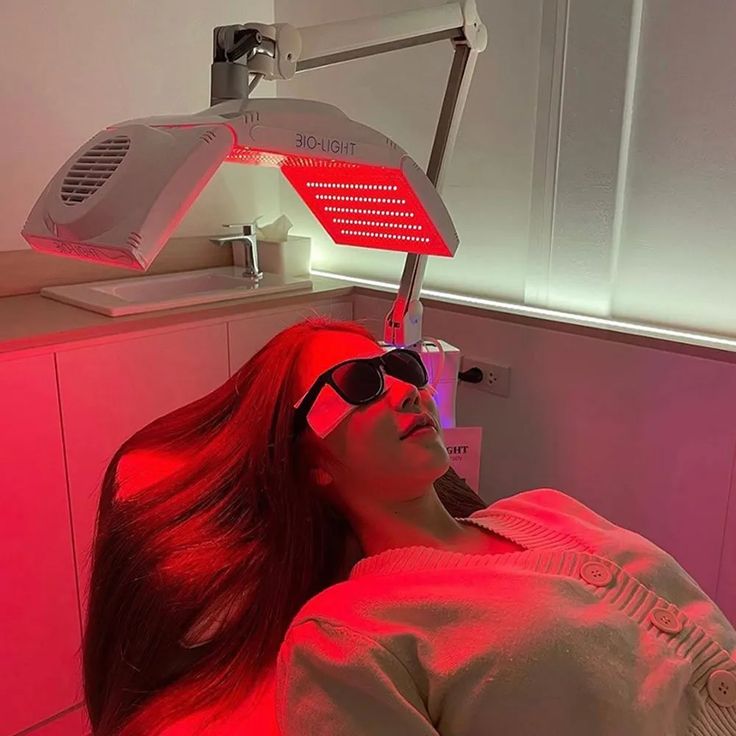
Should you remove anything from this piece, let it be this: Giving sleep priority is among the finest actions for longevity. Your body fixes DNA, removes cellular waste, and controls hormones during sleep. And you know what? Light influences the quality of sleep.
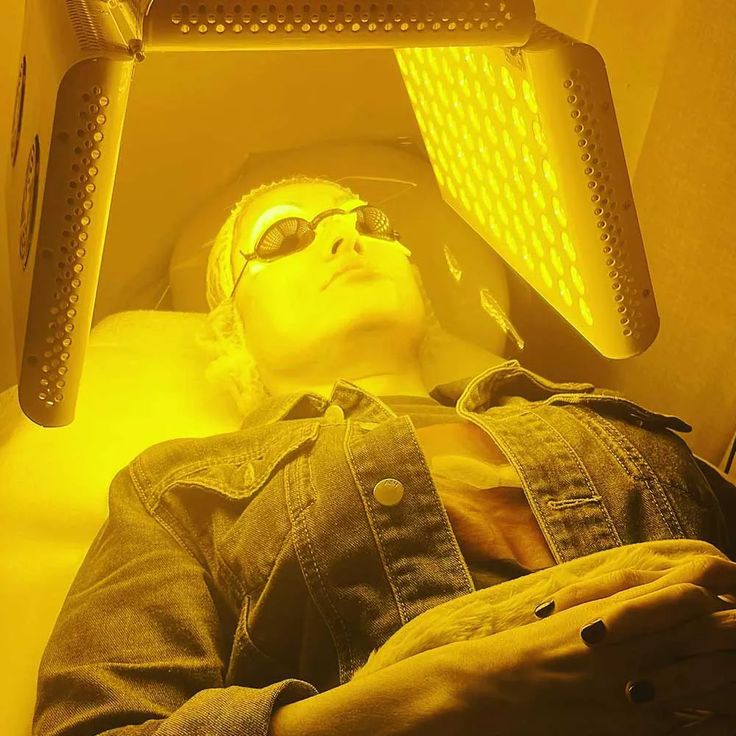
Nighttime artificial light is a significant disturbance of sleep and general health. Bright, artificial nighttime light throws off your internal clock, which results in bad sleep and a higher chance of metabolic disorders.
How ALAN Affects Aging
Simple Solutions To Reduce ALAN’s Effect
✓ Create a dark sleep environment with blackout curtains. In the evening, stay away from bright overhead lights; instead, use lamps. Should you require nighttime illumination, go for low red or amber lights.
Natural Vs. Artificial Light: Effects On Aging, Though it also greatly affects human health, you might believe light pollution simply influences stargazing.
Streetlights, neon signs, and vehicle headlights all contribute to light pollution, which can disrupt your circadian cycle and general sleep quality.
Light Pollution’s Impact On Aging
Ways To Fight Light Pollution
✓ Block outside light while sleeping using blackout curtains.
✓ Select low-intensity, warm exterior lighting for your house.
✓ Should you live in a city, think about wearing a sleep mask to cut night artificial light exposure.
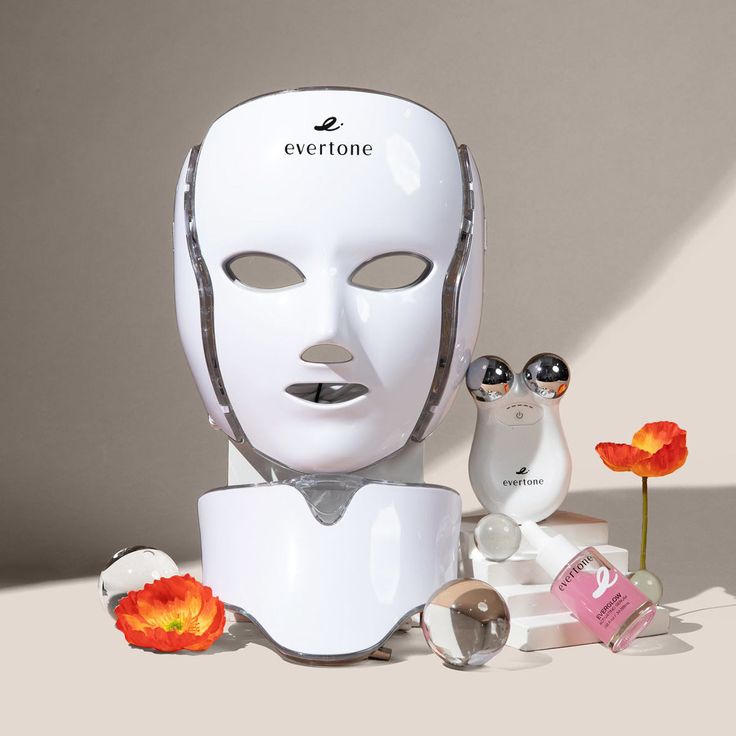
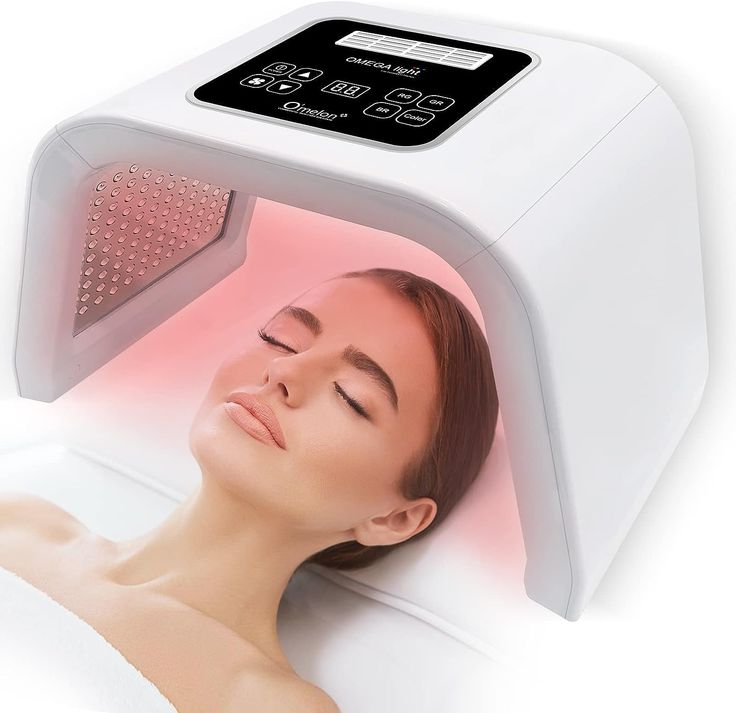
Light is a strong biological signal affecting cellular aging; it is not only something that enables us to see.
You may maximize hormone synthesis, increase sleep quality, strengthen skin health, and even promote longevity by adjusting your daily light exposure.
Simple Daily Actions For Healthy Aging
✔ Get morning natural sunshine.
✔ In the evening, cut blue light exposure. Include red light treatment for cellular healing.
✔ Reduce nighttime artificial light. Sleep should come first so your body can recover and renew.
Though how you age is in your control, aging is unavoidable. Step into the sun, switch off that intense overhead light at night, and let your body have the signals it requires to flourish. Your future, young self will appreciate it!